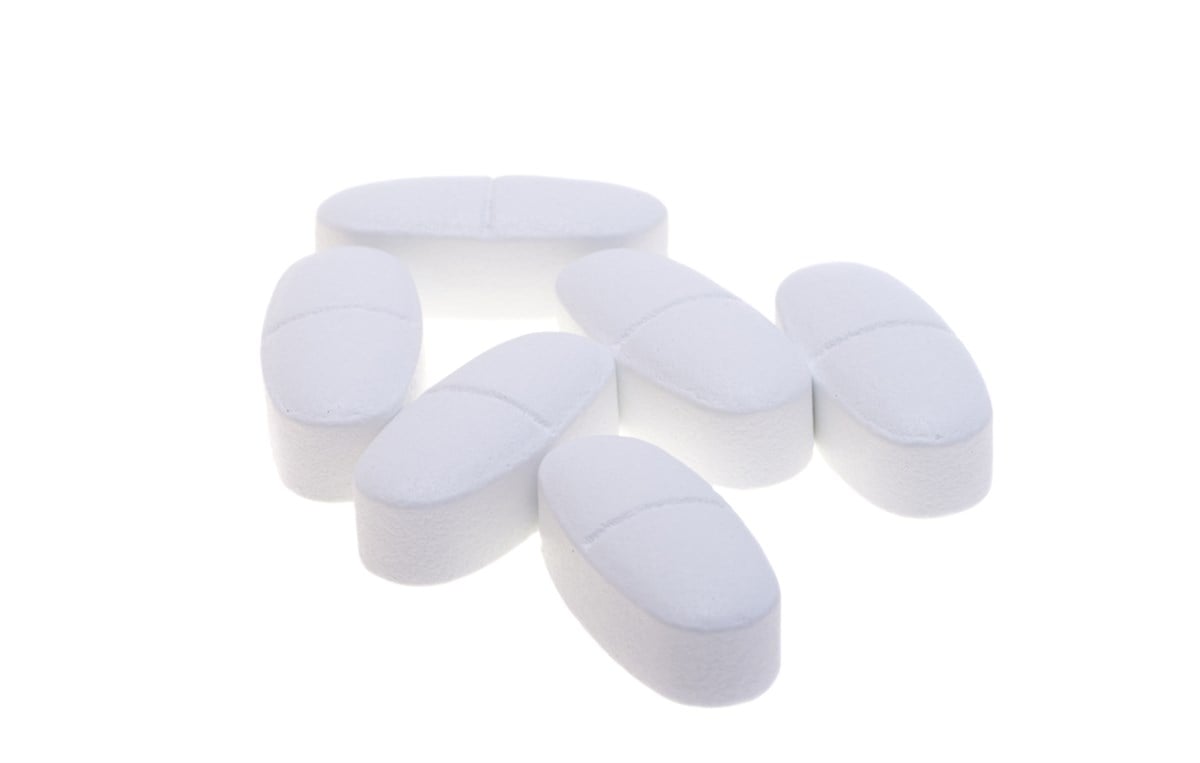
Bristol Myers Squibb Company (NYSE: BMY) is on a buying spree, announcing two acquisitions in less than a week.
On December 22, the pharma giant said it was acquiring Karuna Therapeutics Inc. (NASDAQ: KRTX) for $330 per share in cash, for a total equity value of $14 billion.
A few days later, on December 26, Bristol Myers said it was acquiring cancer drug maker RayzeBio Inc. (NASDAQ: RYZB) for $4.1 billion.
Karuna is a biopharmaceutical company with expertise in psychiatric and neurological conditions. The Karuna chart shows a history of some volatile trade, which is not unusual among young biotechnology stocks.
Gapped up 47% on acquisition news
The stock has a market capitalization of $11.97 billion, following a 47% gap higher on December 22 following the Bristol Myers announcement.
Karuna went public in July 2019. Similar to many young biotechs, it hasn’t yet posted a profit.
Young biotech companies often don't post a profit simply due to the inherent challenges in their industry. Developing innovative drugs and therapies requires substantial research and development and regulatory approval. All of that is costly.
Additionally, these companies often reinvest revenue into further research and expansion, prioritizing long-term growth over immediate profitability.
You can see the absence of income using MarketBeat’s Karuna earnings data.
RayzeBio doubled in price
RayzeBio is in a similar boat, although it has even less of a track record as a public company, having made its Nasdaq debut in September. The company has not yet been profitable.
RayzeBio doubled in price on December 26 on the heels of the Bristol Myers news.
Bristol Myers is pursuing a strategy that is very common among pharmaceutical stocks. Because of patent expiration, pharma companies must constantly fill their new drug pipelines.
Big pharmaceuticals engage in research and development but acquire smaller biotechs that have already done their R&D and sometimes have commercialized products.
"Tremendous opportunities in neuroscience"
In the release announcing the Karuna deal, Bristol Myers CEO Christopher Boerner said, “There are tremendous opportunities in neuroscience, and Karuna strengthens our position and accelerates the expansion and diversification of our portfolio in the space.”
In particular, Karuna's schizophrenia treatment, KarXT, is in line for Food and Drug Administration approval in 2024. If it gets the nod, it would be the first new schizophrenia treatment in decades. Karuna is also researching KarXT's efficacy for Alzheimer's-related psychosis.
Karuna has other experimental neuropsychiatric drugs in its pipeline.
Small biotechs, big gains
The deal boosted other small biotech stocks as investors cheered the possibility of other deals in the space. Neurocrine Biosciences Inc. (NASDAQ: NBIX), Intra-Cellular Therapies Inc. (NASDAQ: ITCI) and Xenon Pharmaceuticals Inc. (NASDAQ: XENE) were among the big gainers.
Meanwhile, RayzeBio's current pipeline programs target treating several types of solid tumors.
In its release about the RayzeBio transaction, Bristol Myers said, “There remains a high, unmet need for more effective treatments in solid tumors.” It went on to say that RayzeBio’s technologies “enable a precision approach to patient treatment.”
In the news RayzeBio news release, Boerner addressed the acquisition's importance to Bristol Myers’ revenue over the next few years.
“This transaction enhances our increasingly diversified oncology portfolio by bringing a differentiated platform and pipeline, and further strengthens our growth opportunities in the back half of the decade and beyond,” he said.
Biotech industry on the rise
Other small biotechs with market-beating recent returns include ImmunoGen Inc. (NASDAQ: IMGN), Tourmaline Bio Inc. (NASDAQ: TRML) and Altimmune Inc. (NASDAQ: ALT).
As a whole, the biotech industry has been on the rise in recent weeks.
Small, young biotechs can be highly volatile for a few reasons. For example, their pipeline products can fizzle in clinical trials or fail to get regulatory approval. In addition, they can burn through a lot of cash-financing research and development, with the risk that it will never pay off.
On the flip side, that risk can also yield rewards. Biotech investing has the potential for groundbreaking medical advancements, successful drug developments, and significant financial gains. That's a reason why the industry as a whole is showing strength lately.





